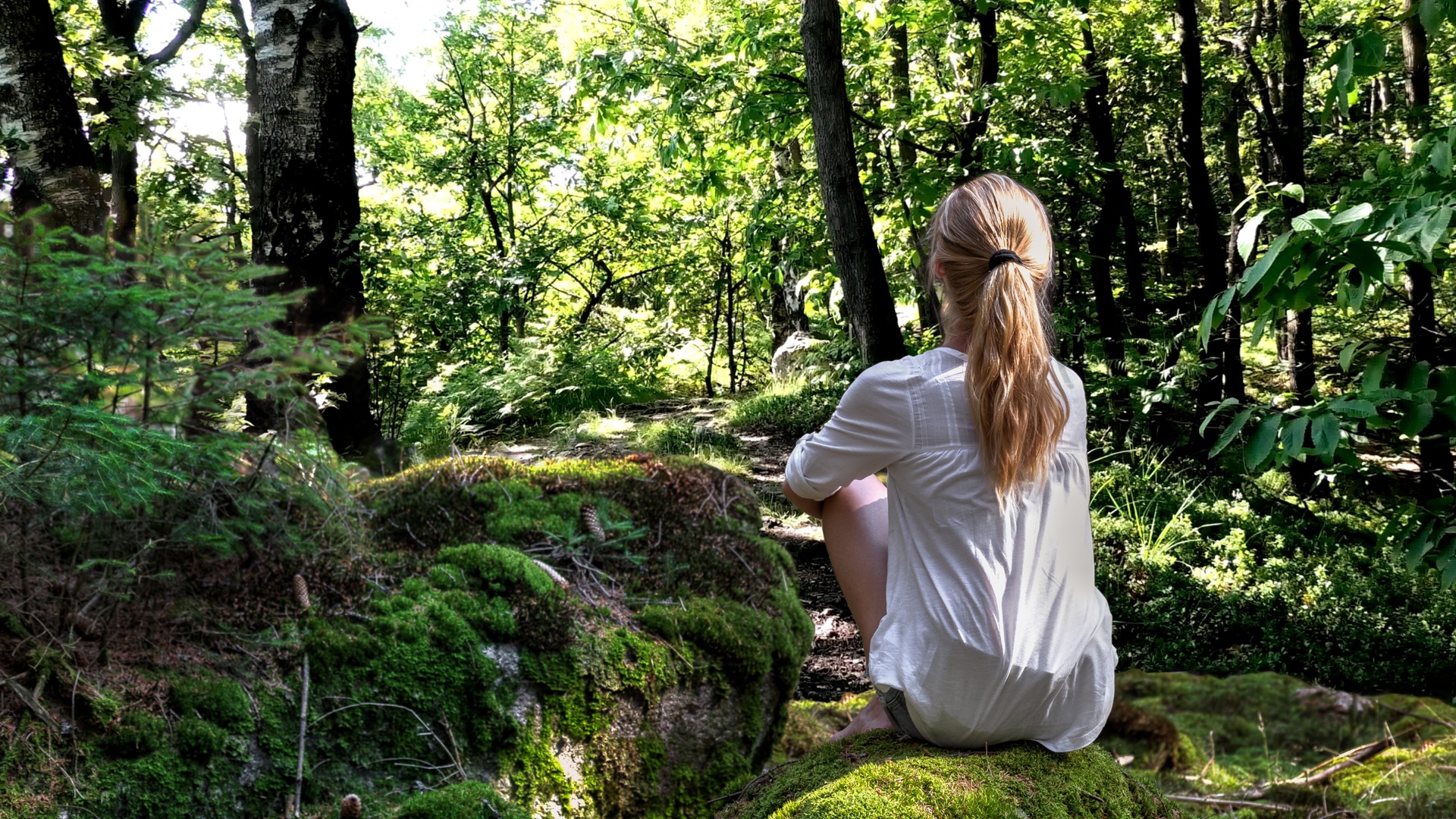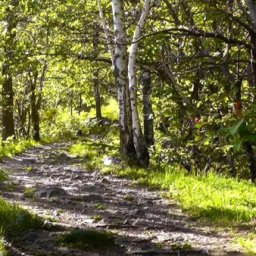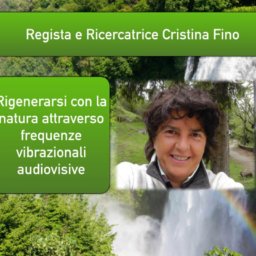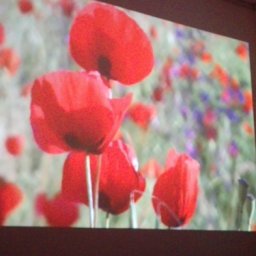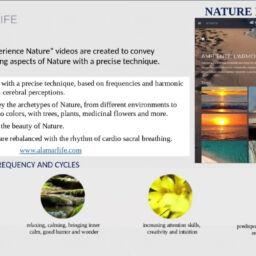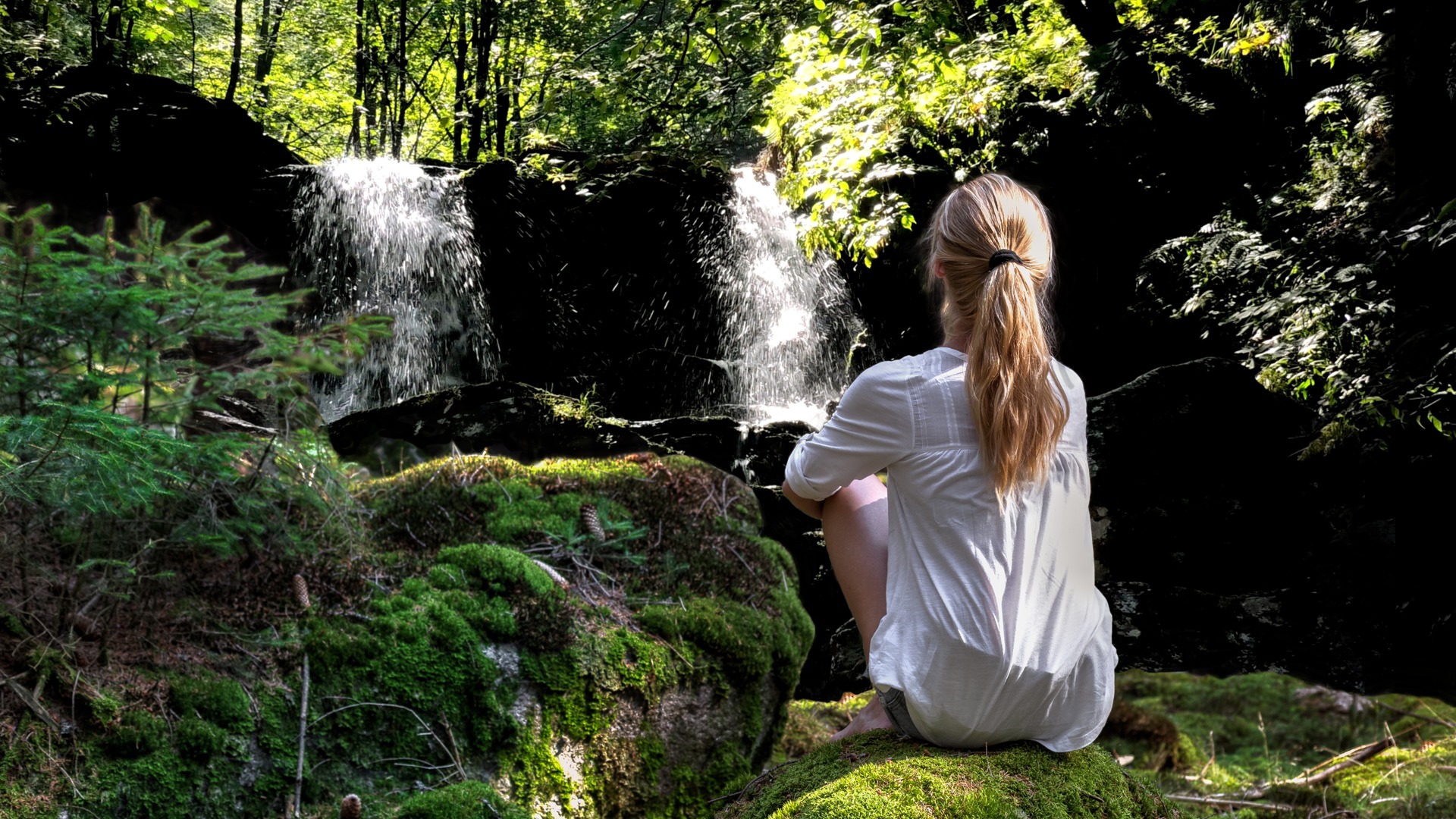
“There is growing evidence, from dozens and dozens of researchers, that Nature has benefits for both physical and psychological human well-being” says Lisa Nisbet, PhD, a psychologist at Trent University in Ontario, Canada, in an article in the American Physiological Association.
“Experience with Nature, either real or reproduced, has psychological and physiological regenerative effects.” (Berto, 2014; Barbiero & Berto, 2016).
“I cannot say exactly how nature exerts its calming and organizing effects on our brains, but I have seen in my patients the restorative and healing powers of nature and gardens, even for those who are deeply disabled neurologically. In many cases, gardens and nature are more powerful than any medication.”
Oliver Sacks, neurologist and author
Exposure to nature has been linked to a number of benefits, including increased alertness, reduced stress, improved mood, reduced risk of psychiatric disorders and even increases in empathy and cooperation.
COGNITIVE BENEFITS
Spending time in Nature can act as a balm for our busy brains.
The Attention Restoration Theory (ART), formulated by psychologists Stephen and Rachel Kaplan (1989) and subsequently endorsed by a large body of research, asserts that Nature exerts a function capable of regenerating the attention potential of human beings. This has shown that environments characterised by a high presence of natural elements allow brain circuits to refresh, favouring the regeneration of cognitive and intuitive resources. It suggests that the ability to concentrate can be restored through exposure to natural environments.
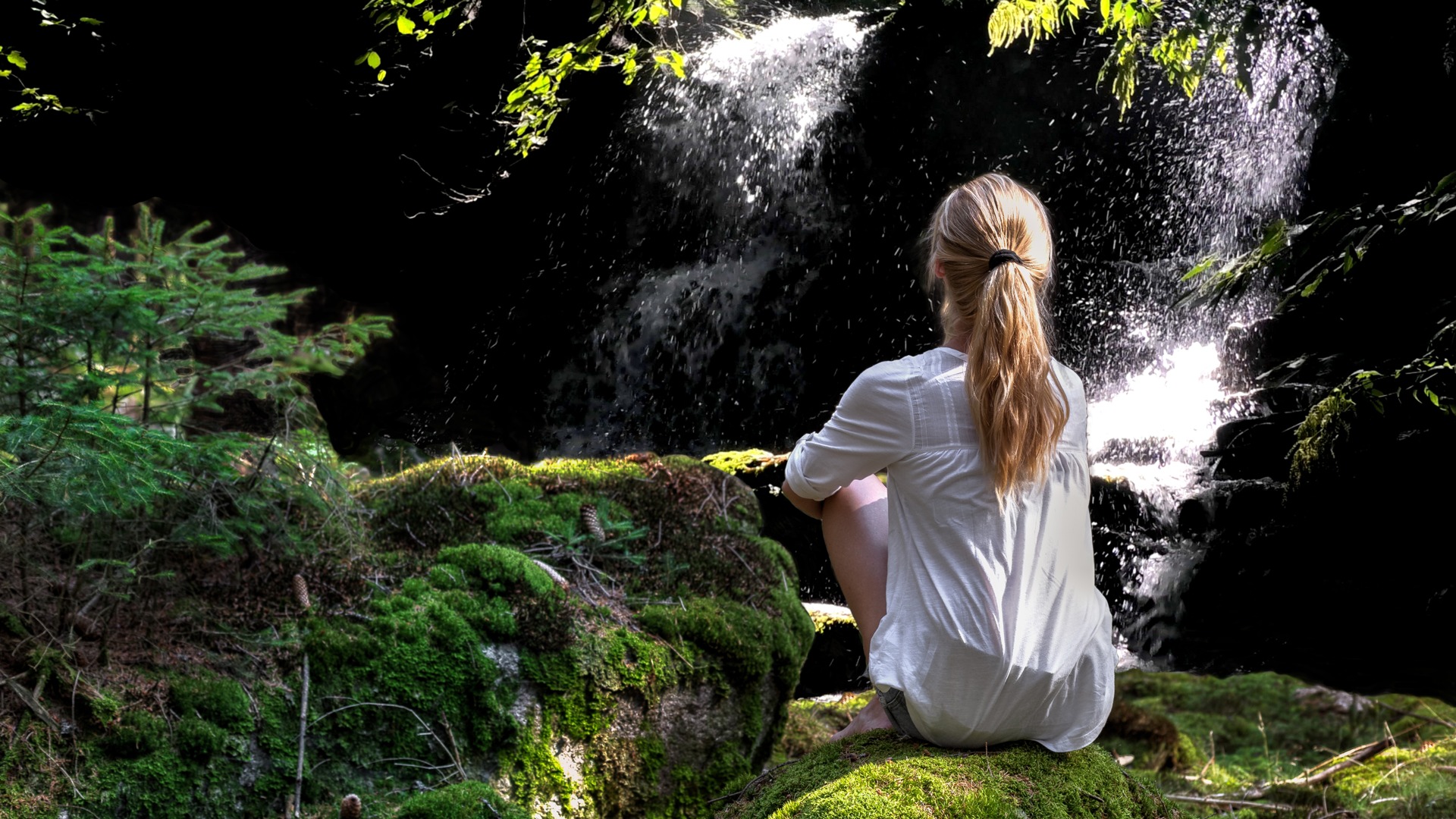
Subsequently, Marc G. Berman, a psychologist at the University of Michigan who has been investigating the relationship between nature and cognitive abilities for years, quantified the benefits of being immersed in natural settings in improving attention and memory. In his study The Cognitive Benefits of Interacting with Nature, he found that the results in memory and attention tests of a group of people improved by 20% after being immersed in Nature, compared to the control group, which was given a city setting and showed no improvement.
Marc G. Berman and colleagues demonstrated that the same beneficial effects could be achieved just by looking at a photograph of a natural scene. The same experiment, repeated using only a picture of Nature and a picture of the city, produced similar scores in subsequent memory tests: Nature, even just seen through a picture, significantly improves memory and concentration.
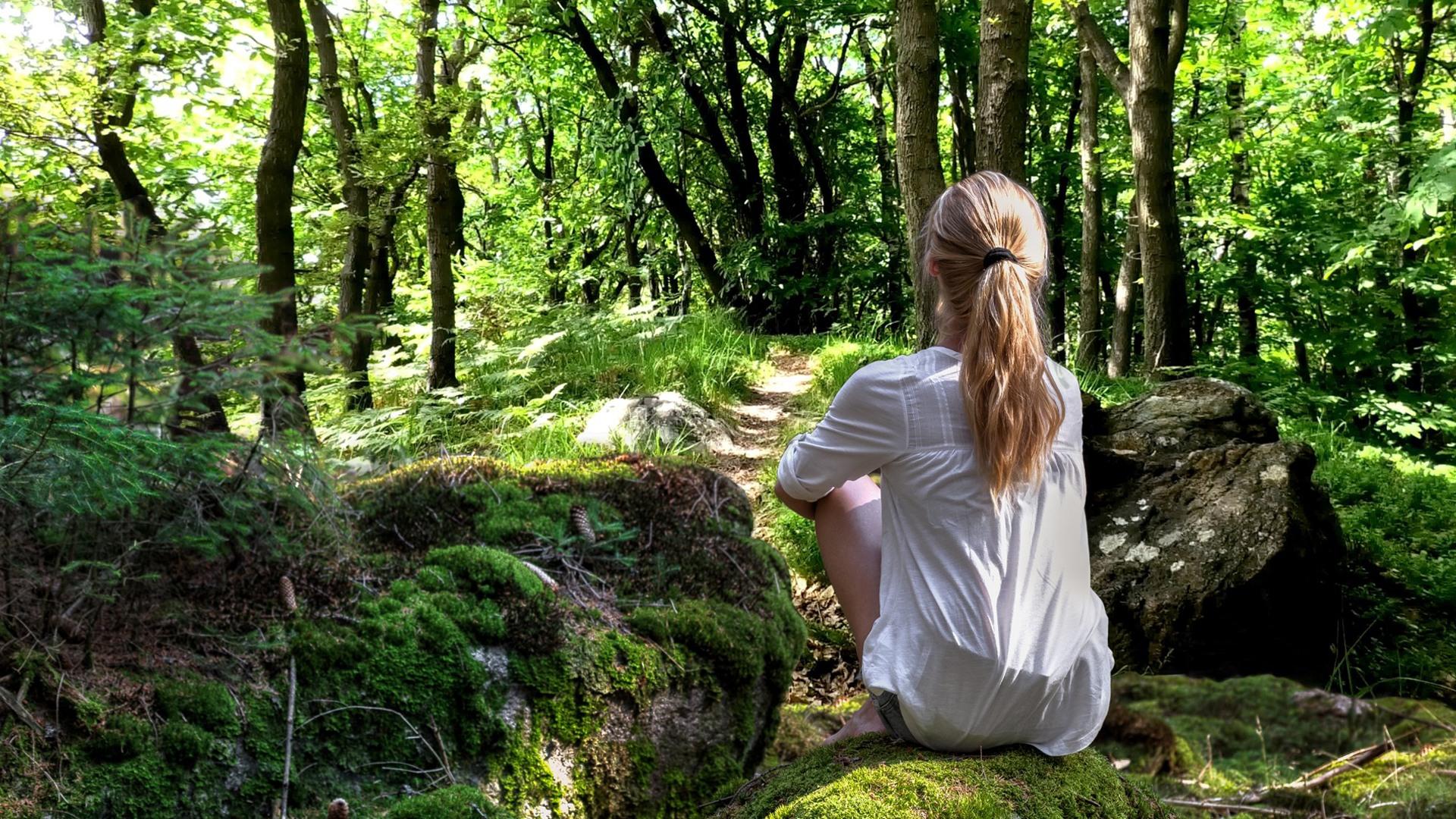
MENTAL AND PHYSICAL BENEFITS
The Stress Recovery Theory (SRT) was formulated by Roger Ulrich in 1983 (Chalmers University). This, in brief, states that Nature, real or reproduced, promotes psychophysical well-being by activating responses at emotional, cognitive and physiological levels, up to and including the reduction of blood pressure, muscle tension and skin conductivity, allowing recovery from psychophysiological stress situations and a significant reduction in pain perception.
Gregory Bratman, PhD of the University of Washington and his colleagues shared evidence that contact with Nature is associated with increases in happiness, subjective well-being, positive affect, positive social interactions and a sense of meaning and purpose in life, as well as decreases in mental distress ( (Science Advances , Vol. 5, No. 7, 2019).
Connecting with Nature seems to benefit mood and mental health. Alison Pritchard, PhD, ABPP, at the University of Derby in England, and colleagues found that people who feel more connected to Nature have greater eudaimonic well-being, the kind of happiness that goes beyond just feeling good and includes the fundamental purpose of life ( Journal of Happiness Studies, first publication, 2019).
Zelenski and Nisbet found that feeling connected to Nature is a significant predictor of happiness (Environment and Behaviour, Vol. 46, No. 1, 2014). “People who feel that their self-concept is intertwined with Nature report being happier”, says Zelenski. Nature could therefore help buffer the effects of loneliness or social isolation.
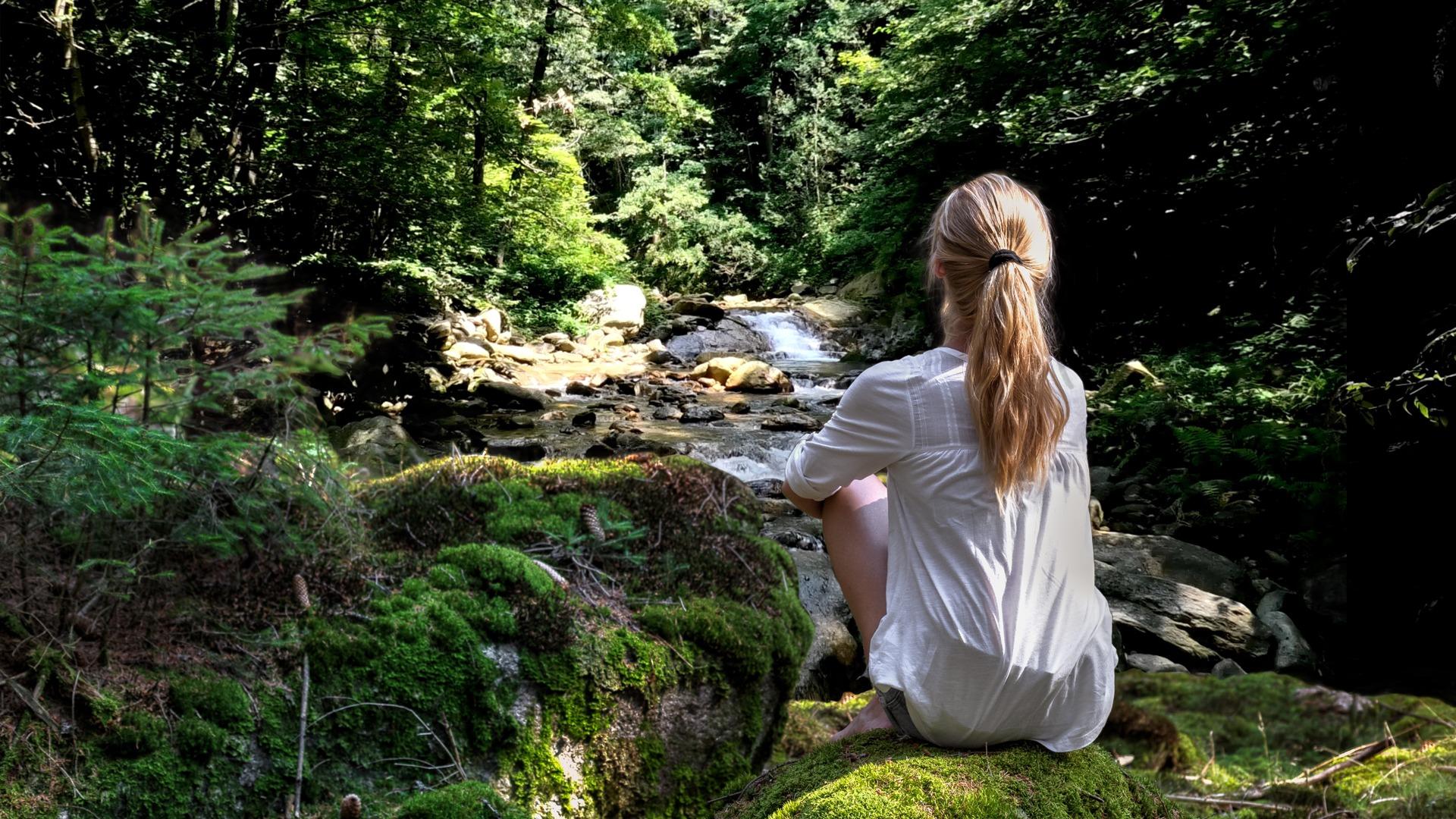
More recently, scientists have begun to explore whether experiences of Nature in virtual reality are useful. In a review of this work, Matthew White, PhD, an environmental psychologist at the University of Exeter in England, and colleagues concluded that Nature, albeit through video footage, can be a viable substitute for people who are unable to get outdoors, such as those with mobility issues or illness ( (Neuropsychiatric Illness and Treatment , Vol. 14, 2018).
Korean researchers, too, have conducted a study on the influence of landscape images on the mind. Tramite risonanza magnetica, hanno scoperto che anche solo guardare fotografie naturaliste aiuta a calmarci a livello subconscio, oltre ad aiutare a sviluppare “un atteggiamento positivo, stabilità emotiva e il recupero di ricordi felici”.
Considering an increasing amount of research, the work of Alamar Life plays a key role in bringing well-being when it is not possible to be physically immersed in Nature.
For over 10 years, Alamar Life has been conveying the regenerative aspects of Nature through films that stimulate contemplative viewing, with sequences that follow the vital cycles of health and healing.
